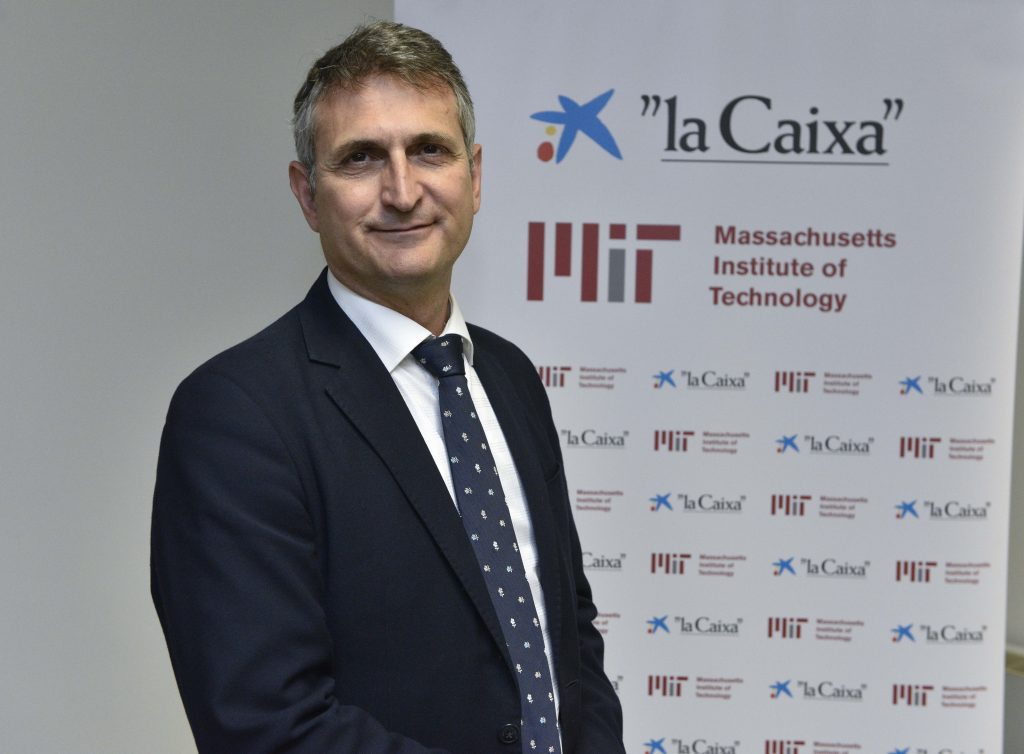Loyola Institute of Science and Technology works together with MIT and UPC to combat energy poverty
LOYOLATECH, Institute of Science and Technology of Loyola University, works together with the Massachusetts Institute of Technology (MIT) of Boston and the Polytechnic University of Catalonia (UPC) in the development of efficient, safe and, above all, low cost electricity grids, so that electricity can reach the affected and disadvantaged communities and thus improve the living conditions, health, education and prosperity of its inhabitants through universal access to energy.
According to Pedro Rodríguez Cortés, Director of the Institute of Science and Technology of Loyola University: “Nowadays, concepts and technologies that sustain smart grids, distributed generation or micro-grids, which are starting to be a reality in some developed countries, can be used to create new models of electrification in the societies with more difficulties in accessing energy ”.
Specifically, the LOYOLATECH team has the task of studying and developing the intelligent management and control architecture of the distributed energy systems based on interconnected renewable micro-grids that will be implemented in remote communities without access to electricity.
This task covers different work areas. On the one hand, the team researches the low-level control systems that guarantee the stability in the operation of the set of interconnected micro-grids with respect to any type of issue that may occur in them (faults, accidental disconnections, overloads, etc.). In addition, it develops specific algorithms based on artificial intelligence to manage the clusters of micro-grids, which make it possible to predict, optimize and coordinate the use of renewable energy sources in storage systems and demand profiles of the aggregated micro-grids for the optimization of collaborative use in pursuit of community well-being and development.
The predoctoral researchers at Loyola University, Francisco Prieto and Ngoc Bao Lai will visit in the coming months the laboratories of the Massachusetts Institute of Technology (MIT) where they will enrich their technological knowledge in order to apply them to this project. Especially they will refine the algorithms with which they work to predict the energy needs in the communities in need based on a series of socio-economic and geospatial data previously collected.
Currently, 3,000 million people live in a situation of energy poverty worldwide, including 1,100 million people without access to electricity. In recent years, the evolution of technology and cost reduction have favoured the expansion of autonomous energy systems, which allow these people to have lighting at night or charge a mobile phone in their homes. However, advances in power processing, information technologies and artificial intelligence open the door to new solutions to improve living conditions and development in isolated populations.
MultiMicro Project. Why this project?
Electrifying remote and vulnerable communities does not mean installing a photovoltaic panel per household to power two LED lamps and a mobile phone charger, although this is an urgent milestone that must be achieved in the short term. Instead, it is necessary to develop new distributed and intelligent electrification solutions that allow people living in these remote communities not only to improve their quality of life, but to ensure their progress in a sustainable manner.
In addition to lighting and communication, these people need enough energy to enjoy heating and cooling, as well as appliances to facilitate their daily tasks. These remote societies need a reliable electricity supply to power schools and medical centres. In addition, to promote their productivity and development, they need electricity for agriculture, pumping and food processing.
Meeting these needs entails a series of challenges that must be fulfilled since it is necessary to design solutions based on very low cost technologies, monitored and operable from the cloud, with a high degree of robustness and reliability, environmentally friendly, easily scalable and reproducible, accepted, integrated and maintained by the destination societies, which really encourage the development of various destination societies, and which are financially sustainable through a viable business model.
The MultiMicro project proposes a research and development work to respond to these technological and socio-economic challenges through the multidisciplinary collaboration of the LOYOLATECH, MIT and UPC teams.
Pedro Rodríguez, Director of LOYOLATECH, has been a professor at the UPC and maintains collaborations with MIT, where he made a postdoctoral research stay about the electrical grids of the future. The MultiMicro project arises as a result of these collaborations and currently allows some students of Loyola Andalucía University to carry out study / research stays at MIT, as well as receive students from MIT and UPC in our campus in Seville.
The MultiMicro project, entitled "Intelligent distributed management and control of energy systems for isolated communities" and code LCF / PR / MIT18 / 11830012, with a duration of 20 months, has been co-financed by the Research Aid Management program, Grants and Innovation of la Caixa.

Pedro Rodríguez Cortés, Director of the Loyola Institute of Science and Technology, LOYOLATECH








